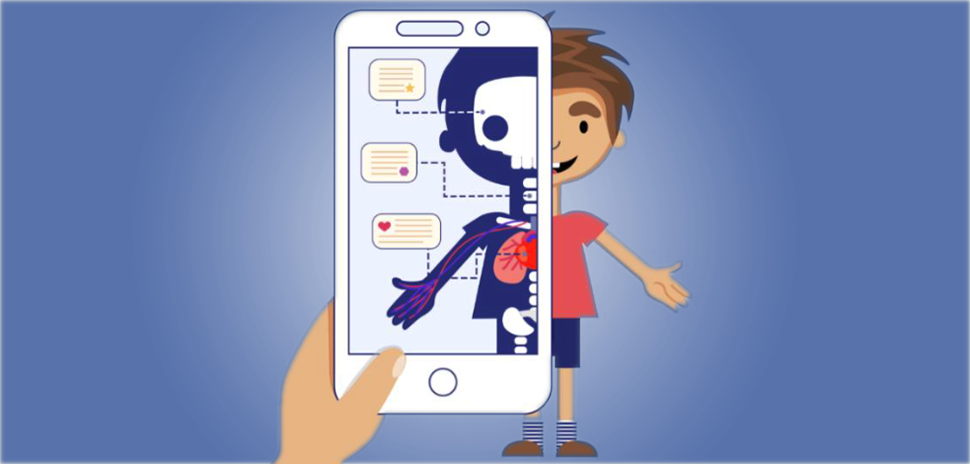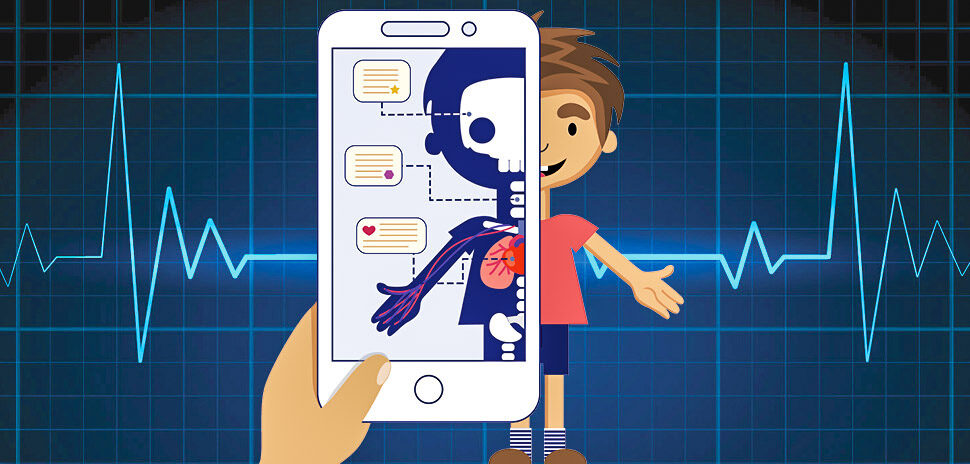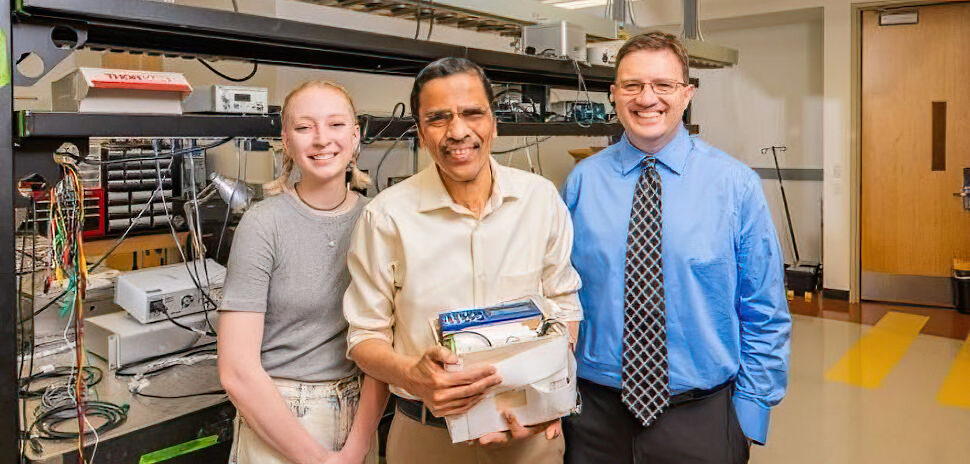The analytics of health care has become a multimillion-dollar business for Pieces Technologies.
The startup just secured $21.6 million in Series A funding and launched its software in Children’s Health System of Texas.
Pieces Technologies is using software to help hospital systems run efficiently and provide better outcomes to patients.
It got its start at the Parkland Center for Clinical Innovation in Dallas, a research nonprofit. The goal is to use analytics to do predictive and surveillance data for patients.
It’s already in use at several hospitals, including Parkland Health & Hospital System, Texas Health Resources and, now, Children’s Health.
“You can take a number of sites, and using their analytics measure the interventions and reduce the read or risk of infection,” Pete Perialas, chief strategy officer and senior vice president of Children’s Health.
The $1 million a year company received Series A funding from PAC Partners and Jump Capital. The company has 35 employees now but plans to grow to 50 by the end of 2016.
For more on this, check Danielle Abril’s article at D Magazine’s Healthcare Daily.
For a daily dose of what’s new, now, and next in Dallas-Fort Worth innovation, subscribe to our Dallas Innovates e-newsletter.
R E A D N E X T
-
The award from the National Institutes of Health will help HSC lead the AI/Machine Learning Consortium to Advance Health Equity and Researcher Diversity, or AIM-AHEAD, program. The effort will bring together experts in community engagement, AI/ML, health equity research, data science training, and data infrastructure.
-
Five local winners received up to $200,000 in funding to activate their solutions throughout North Texas.
-
Put your problem-solving chops to work. The Children's Health event encourages gamification, augmented reality to solve for age-old pediatric health care problems. There's even a no-code challenge.
-
High schoolers who focused on the mental, emotional aspects of health care dominated the hackathon. That's especially impressive, considering that of the 14 teams competing, four were high school teams, eight were college teams, and two were professional teams. See the top three winning submissions here.
-
The noninvasive technology—developed in collaboration with Austin-based Shani Biotechnologies—may enable real-time monitoring of vital blood parameters like hemoglobin, without taking blood samples or using expensive equipment. It could be especially useful for monitoring people of color, helping to close racial disparities in health care diagnostics.





























